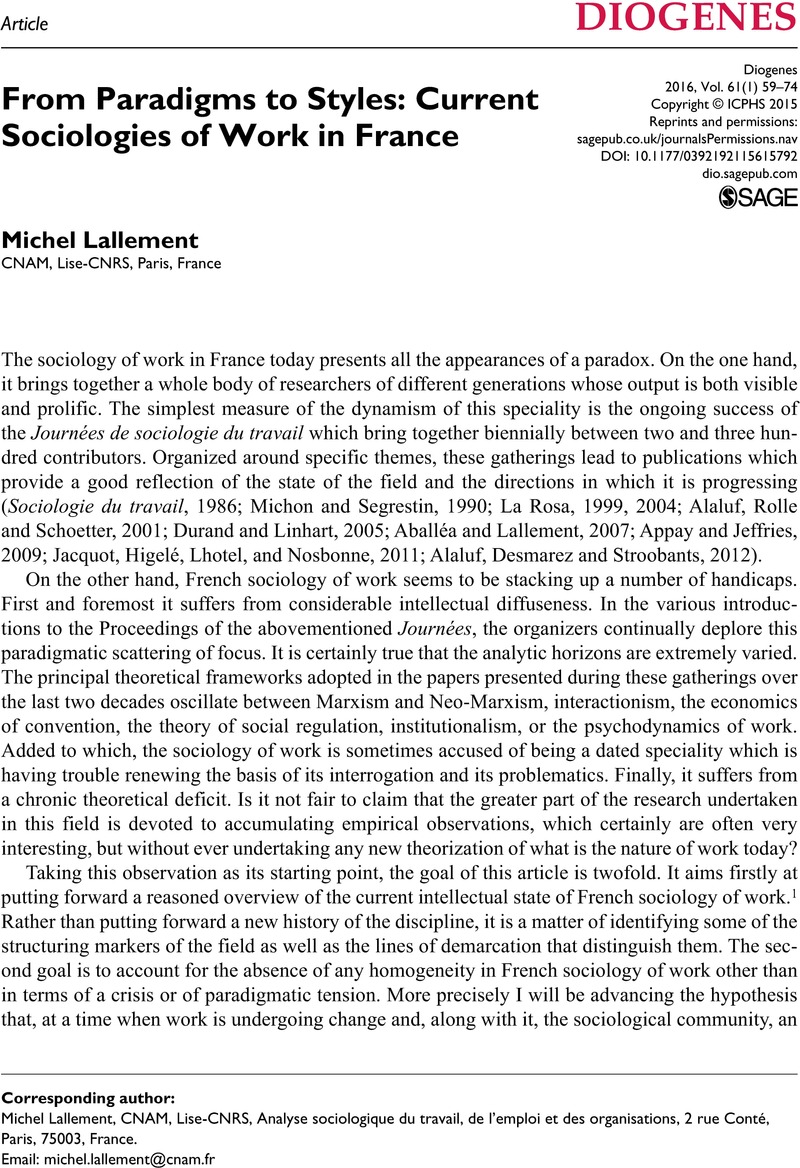Kaufman, B (
2010)
Comparative Employment Relations: Institutional and Neo-Institutional Theories, Georgia State University, Andrew Young School of Policy Studies, Working Paper 2010–1–2,
http://aysps.gsu.edu/sites/default/files/documents/AYS_10–3_Kaufman.pdf.
CrossRefGoogle Scholar 